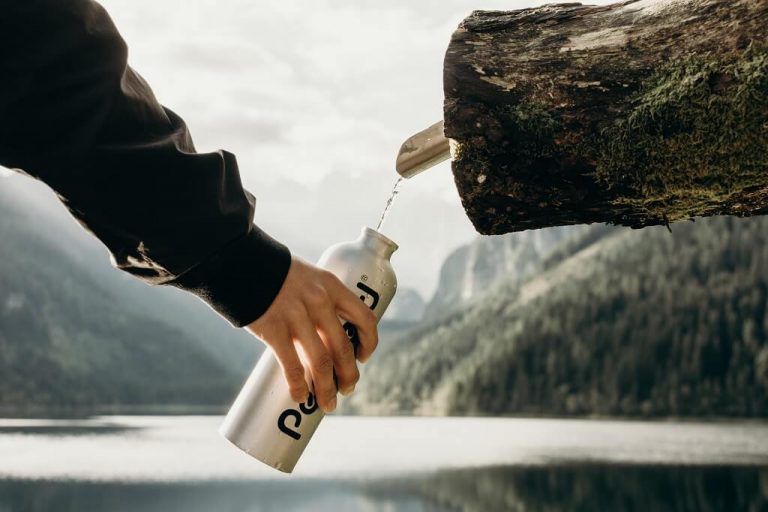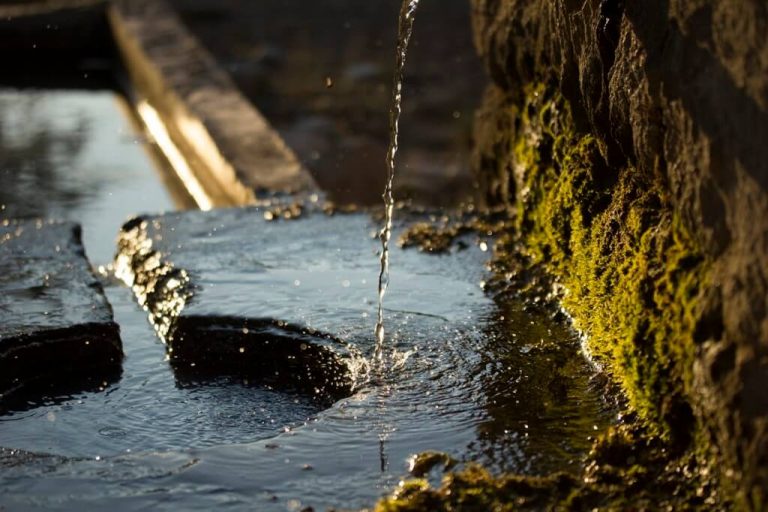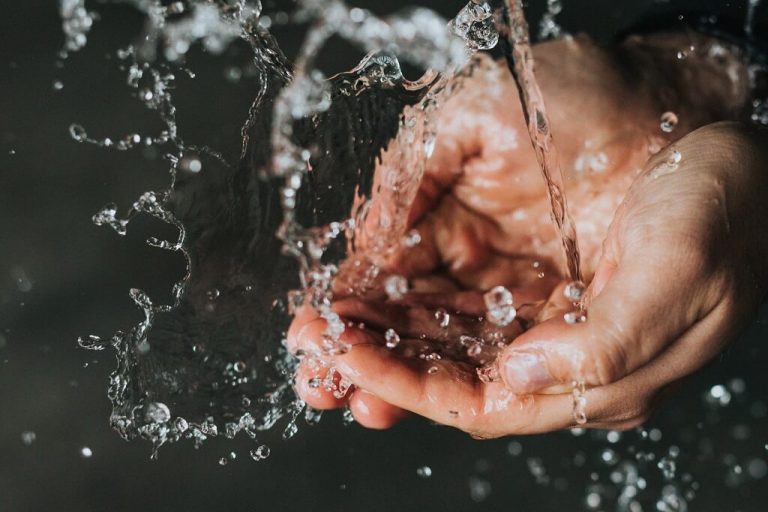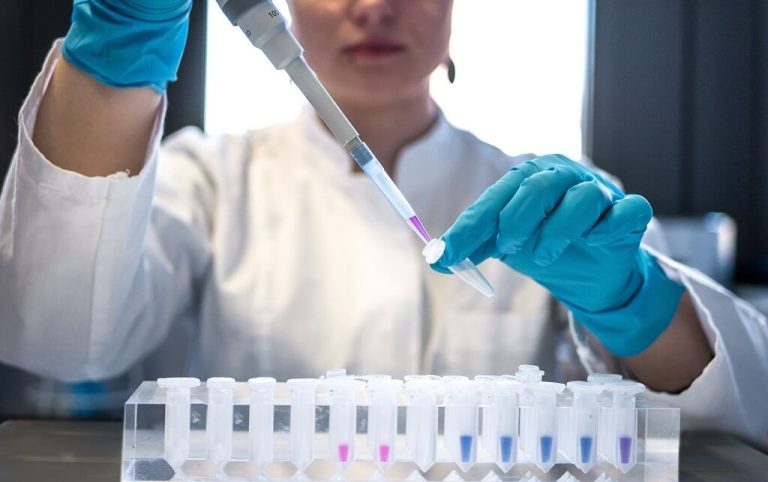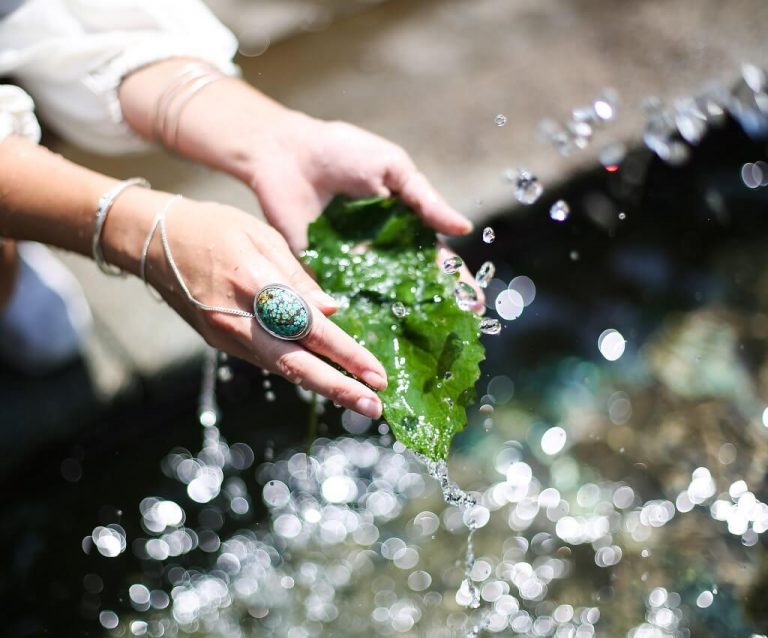The whole house water filter is a filtration system that treats water where the main water line enters your home. It guarantees the water that flows from all your faucets, your showerhead, and even the water in your washing machine is clean and filtered. Whole house water filters are known as POE or point of entry filters. They are entries for your tap water, allowing only fresh, filtered water to flow to your faucets and appliances. Do You Know What’s In Your Water? Most tap water in the United States contains moderate to heavy levels of contamination from industrial and environmental pollution. All sources of water including lakes, rivers, glaciers, or wells, contain a certain level of contamination. Water from surface waters such as rivers and lakes can be exposed to acid rain, stormwater runoff, pesticide runoff, and industrial waste. Water from groundwater such as private wells or public water…
Drinking water is a healthy choice for satisfying your thirst all the time. Water does not have any calories or sugar which can harm your body and teeth. You are probably fully aware that consuming plenty of water in the course of the day is good for you. That said, you might not know how much water you should consume daily to retain your health. The Benefits of Drinking Plenty of Water You should understand that your body is made up of approximately 50 to 70% body weight. Due to this high percentage, your body counts on water in order to survive. When you drink plenty of water, you will be much healthier. When you drink plenty of water it benefits your cells, organs, and tissues to properly function. The following are benefits your body will get from drinking water: Body waste is removed through urination, perspiration, and bowel movements.…
Earth Day was first observed in 1970, a day dedicated to environmental education, and Earth Day 2022 will take place on Friday, April 22. The holiday has evolved into a global celebration that is occasionally extended into Earth Week; a week of activities centered on sustainable living. Senator Gaylord Nelson founded Earth Day in 1970 as a “national teach-in on the environment” influenced by 1960s protests. It was held on April 22 in order to reach as many students as possible on university campuses. Nelson hoped to bring environmental issues into the national spotlight by increasing public awareness about pollution. What Is the History of the Earth Day? Senator Gaylord Nelson of Wisconsin, a junior member of the Senate, has long expressed his concern about the country’s rapidly declining environment. And after that, in January 1969, he and a group of others in Santa Barbara, California, witnessed the destruction wrought…
Water is a vital necessity. It makes up about 60% of your body and is responsible for a variety of vital functions, such as regulating body temperature, removing toxins, and protecting the spinal cord, joints, and body tissues. Water is also needed for many of the body’s chemical reactions to occur. Parts of your body, such as your skin, would lose their shape and fullness if you did not drink enough water. In this article, you will learn about the importance of water filtration and how it can help you stay healthy by ensuring that you are drinking the highest quality water. Why You Need to Filter Water? Filtration of your water at home has many advantages. After learning about these benefits, you may want to consider installing a filtration system in your sinks and appliances at home. 1. Better Taste & Smell Filtered water generally tastes better than unfiltered…
Groundwater accounts for 99% of the world’s liquid freshwater and plays a critical role in the hydrologic cycle, despite being hidden beneath the surface. Wetlands, rivers, and lakes are surface manifestations of groundwater that exchange water with the groundwater reservoir from which they receive water when they need it and from which they withdraw some of their water when surface water is plentiful. What is groundwater? Groundwater is the water that is present in the cavities of the rock beneath the earth’s surface, and it is also the water in the saturated aquifer beneath the water table in a narrower sense. There are three types of groundwater, as popularly known: first, it refers to the total amount of water buried in the groundwater, which is distinct from surface water, particularly the proportion of water in the aquifer’s saturated zone; Second, water that replenishes springs and wells; and thirdly, it refers…
In this post, we are going to separate what is fact and what is not. We will let you know how much water you should drink on a daily basis to keep you healthy and why. What Are The Benefits Of Drinking Water? Water is one of the most important elements in your body making up approximately 50 to 70% of your body weight. The bottom line, in order to survive, you need water. Your cells, organs, and tissues must have water to operate properly. Water controls your temperature Water protects your sensitive tissues Water is processed through perspiration, urination, and bowel movements Dehydration is not an avenue you want to go down. Without hydration, your body cannot function well. Dehydration will decrease your energy, leaving you overly tired all the time, and not able to flush out waste. Is There Such A Thing As Drinking Too Much Water? Yes…
Water is called the universal solvent because it has the ability to dissolve almost everything in the world, including bones and body tissues. Purer water dissolves more easily. Minerals are leached from your body when you drink pure water. Therefore, both adults and children should avoid long-term consumption of pure water without minerals. What Happens During RO Process? Reverse osmosis (RO) is a method of purifying water. It involves removing larger particles, unwanted molecules and ions from drinking water through a partially permeable membrane. When unfiltered water is forced by pressure through a semipermeable membrane, impurities are removed from the water. To produce clean drinking water, the unfiltered water flows from the more concentrated side of the RO membrane (more impurities) to the less concentrated side (fewer impurities). The pure water produced in this way is called permeate, while the remaining concentrated water is called waste. Is It Healthy to…
There are over 19 million people in the United States that use well water and the bacteria and other microorganisms found in the water can make people very sick. The quality of the water found in wells can vary from one day to another. Studies have reported that 40% of well water has coliform bacteria on a regular basis let alone all the other microorganisms found in well water. If you have a private well, you should have the water tested frequently to guarantee microbes are not present. If your well water tests positive for coliform, you must take action to get the bacteria removed as soon as possible. Find Out If Your Well Water Contains Bacteria The only sure-fire way to know if your well water contains bacteria is to have it tested. There are absolutely no requirements for private well owners to test for bacteria, it’s entirely up…
What Is Rainwater Harvesting? This is a term used for collecting and storing rainwater from rooftops or other surfaces and using it to boost the supply of fresh water. In many cases, water is collected for use as a non-potable source of water for toilet flushing, urinals, and irrigation. If the water happens to be treated it can be used as potable water for drinking, washing dishes, or for bathing. As the treatment for this water is quite expensive, most rainwater harvesting systems in urban settings are not set up to provide drinking water. A rainwater harvesting system is made up of gutters or conduits that transport rainwater from a given area such as the roof or a paved area to cistern storage and then used at a later date. If the water exceeds the cistern capacity, it can be sent to a soakaway or vegetated area for groundwater recharge…
Filtered water, unlike purified water, comes from the source clean and ready to drink. It’s still better than purified water, whether you use a faucet filter or a filtered water pitcher. After retrieving purified water from the source, it must be treated. You might be wondering why one is preferable to the other, or why tap water isn’t sufficient. When deciding whether or not to switch to filtered water, there are a slew of advantages to think about. Benefits of filtered water Promotes the Absorption of Essential Nutrients To improve nutrient absorption in our bodies, we must drink filtered water. When you drink unfiltered water that contains a lot of contaminants, your body has to work extra hard to get rid of them. As a result, the rate at which cells absorb water and nutrients decreases. Mineral absorption and overall body health are improved by drinking filtered water. This type…




